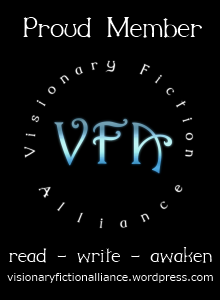|
My new book, The Kindness of Presence, is out now and Available from Amazon (eBook and paperback) or from the Quaker Bookshop at Friends House, London (high quality paperback edition).
Here's a quote: "How can we let go of unkind thoughts and judgments? How can we forgive those who hurt us? How can we live not to serve our own selfish interests, but for the good of the Whole? This is where presence comes in. It is only when we are present that we can choose to be kind. When we are present, we can draw on the guidance and inspiration of Presence. Rather than react unconsciously, fighting ego in others from a place of ego in ourselves, we can be alert to the promptings of love and truth within. When we are guided by those promptings, the entire picture changes... Kindness can flow through us... We can be a loving presence in the world."
0 Comments
A Guided meditation based on Lesson 157 from the Workbook of A Course in Miracles.
Excerpt: Most of us live most of our days not being fully present. Our minds are somewhere else, imagining the future or reliving the past. And when we’re not present in the now, we can’t be present to our True Self. Spirit guides us always, but we have to be present to discern Its leadings. When we are caught up in our own thought-processes – judging people and situations, analysing the past, or planning the future – we reinforce our sense of separation. We do not hear the Voice of Love, just as a blackbird might be singing outside our window and we do not notice it. My state of mind – awareness – is central, because I can only choose a loving response in any situation if I am present enough to be able to choose my response. When I am not present, I react to situations automatically, based on pre-judgments and pre-conceptions. The remedy is to return to that present state of mind – the decision maker – where I have the freedom to choose again. Then I can choose to listen to the Holy Spirit rather than ego. I can choose forgiveness rather than attack. Love rather than fear... Blue tit:
"Good morning. I'm pecking on your kitchen window to call you back to the present moment. Simply look. Simply listen." I blogged last year about how I'd woken up one morning with words for a new hymn. My friend David Stopp has now set those words to music and sings them in this new video. Check out David's YouTube channel for more of his songs.
I'm coming to the end of the first year of my course in spiritual accompaniment. It's been a wonder-ful year, characterized by deep listening - to one another, and to the Inner Guide Who speaks to us from the core of our Being.
I recall one activity with particular gratitude... First, we were asked to spend several minutes looking at a flower - to behold it with the same care and loving appreciation with which God beholds us. We were reminded of the verse in Genesis, "God saw all that God had made, and it was very good". As I observed the flower, I found myself able to be present with it and to avoid labelling and judgments. The flower didn't have to do anything to earn my acceptance. It didn't have to look a certain way. Its Is-ness was enough. That is how God looks upon us. After a few minutes, we were invited to take a mirror (or mobile phone selfie camera) and to look at our own face with the same attention, care and acceptance we had just been giving to the flower. It surprised me that I was able to look at myself without judgments. I think I may have struggled without the preparation of observing the flower first. When I am not watchful, my mind may default to labelling, comparing, judging - both myself and others. But gazing at the flower stilled my mind. This enabled me to see with Christ's vision. Without effort, I looked on the flower with the eyes of Love. This is how we are called to be with people. And this is what all of us hunger for - to be seen with eyes of Love; listened to with ears of Love. This, for me, is a primary and essential part of spiritual accompaniment. If we can't look upon the person we're walking alongside with eyes of Love; if we can't suspend our judgment as they share with us, how can we be of service to them? Many people - probably most people - feel unworthy, at least at certain times in their lives. This feeling of unworthiness may be conscious or unconscious. We feel we need to earn acceptance - from the world, from our self, even from God. In the Christian tradition, a lot of emphasis is placed on our sinfulness. Take the words of the Jesus prayer: "Jesus Christ, Son of God, have mercy on me, a sinner." Yes, we've acted without Love - that is, independently of God. But is our sinfulness really what defines us? If we feel we aren't enough, how can we be joyful and at peace? And if we don't love and accept ourselves - not in a conceited way, but in the sense of accepting our inherent goodness and honouring our needs - how will we be able to love our neighbour as our Self? The two go hand-in-hand. We need reminding over and over that we are created in God's image. God's creation is inherently worthy. We are inherently worthy. Not because of anything we achieve or accomplish. Not because we do good deeds. But simply by virtue of what we are. Photo credit: Eva Parr "I am as God created me" is the title of three separate A Course in Miracles Workbook lessons (W94, W110, W162). The idea also features in other lessons (e.g., W219: "I am not a body. I am free. For I am still as God created me" and W260: "Let me remember God created me".)
We need these reminders, for when we forget that God created us, we forget What we Are. And when we forget What we Are, we forget What we have within ourselves – Love, Peace, Joy. That forgetfulness leads us to pursue a futile journey to find those things outside our Self. Remembering that we are as God created us is a step in coming to our senses and returning to our True Home. In this guided meditation for the Miracle Network UK, I reflect on the idea that "I am as God created me" and on the parable of the prodigal son (Luke 15:11-32). Included is a short reading from Reflections on God's Love. “But seek first the kingdom of God and His righteousness, and all these things [which you need] will be given to you as well.” (Matthew 6:33)
The kingdom of God is where God is present and where His Love is manifest. The instruction might therefore be rephrased in more modern language to: ‘seek first the Presence of God and God’s Love…’ Where are we to seek? The kingdom of God, we are told, is in our midst (see Luke 17:21). This must be so, for God is “over all and through all and in all” (Ephesians 4:6). The kingdom is a state of being where we let God reign in us and lead us. Since “God is Love” (1 John 4:16), to accept His rule means to accept His Love; to trust in It and to share It. We then become instruments of His Love. (Excerpt from the book Reflections on God's Love: Prayers and Inspirations.) After a busy few months at work, I'm taking a break this week... and focussing simply on being. This morning I woke up early, with more energy than I've had for a while. Overnight, there had been a storm and, though it had passed, the sun had still to break through the ground-level clouds. I stepped into my garden, and stopped awhile to take in a newly unfurled rose bloom; raindrops on the petals of the hydrangeas; a single wild strawberry - just about ripe enough to eat; an almost-perfect spider's web. Thank you, God; thank you, Life, for simple pleasures - and for the joy of being present in the moment. It's funny what ends up happening when I don't make - or stick too rigidly - to my own plans.
Last Thursday morning, after a good night's sleep, I woke with the tune of 'Morning Has Broken' in my mind - and with words to set to that tune. Three verses, straight away. Then another two as I ate my porridge. I love it when ideas simply flow: no effort, no thought. Simply grace. Our Father, Perfect Love, We turn again to You. Guide us; help us to love, so that Your Will be done, on earth as in heaven. Give us this day that which we need. Fill us with hope and trust. Help us to forgive our brothers and sisters (and ourselves as well); and to look on them as you look on us. Give us strength to resist temptation. When we are tempted, let us choose peace. Deliver us from our fears. For what You love is safe. And Your love remains forever and always. Amen. Why, you might ask, would we want an alternative version of the Lord's Prayer?
Well, there are a couple of reasons why I felt moved to write this interpretation. First, no matter how inspired or inspiring words may be, there's a risk that with over-familiarity they may lose their power to stir and transform us. (Think of how moved you feel when you hear an amazing piece of music for the first time. You listen to it over and over again. As the days, weeks and months go by, the intensity of your response to the music may fade. You still like it, but it no longer inspires or affects you to the extent it did when you first heard it.) Adjusting the words may help us to engage with the prayer more deeply again. (To pick up the music analogy again, maybe you discover a fresh new cover of an old favourite song.) Second, for me, a prayer should be heart-felt. It should be authentic. How can I pray authentically using a set prayer if some of its words confuse me, or if I disagree with them? In the Lord's Prayer, there are a couple of things I struggle with:
|
AuthorPeter Parr: Quaker, writer and former member of the British minigolf team. (Actually those are all just roles I play. Words can't describe who any of us really are.)
|

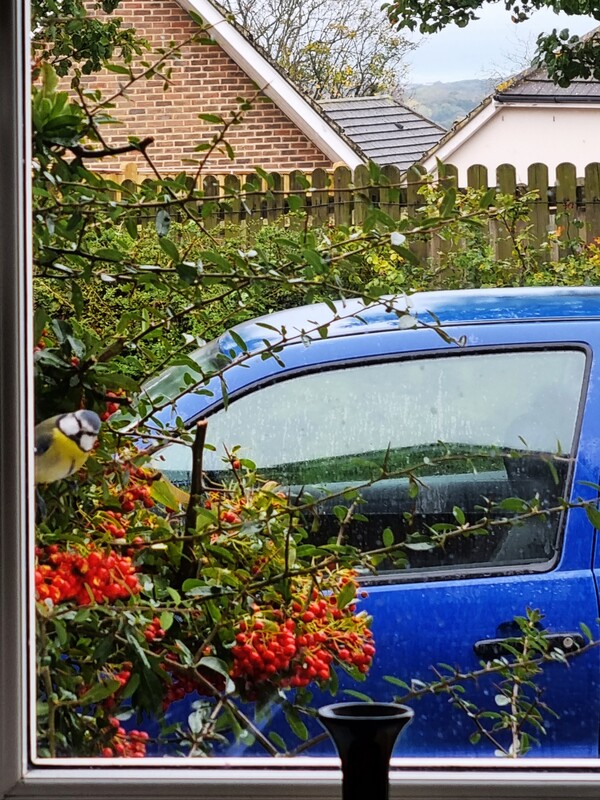
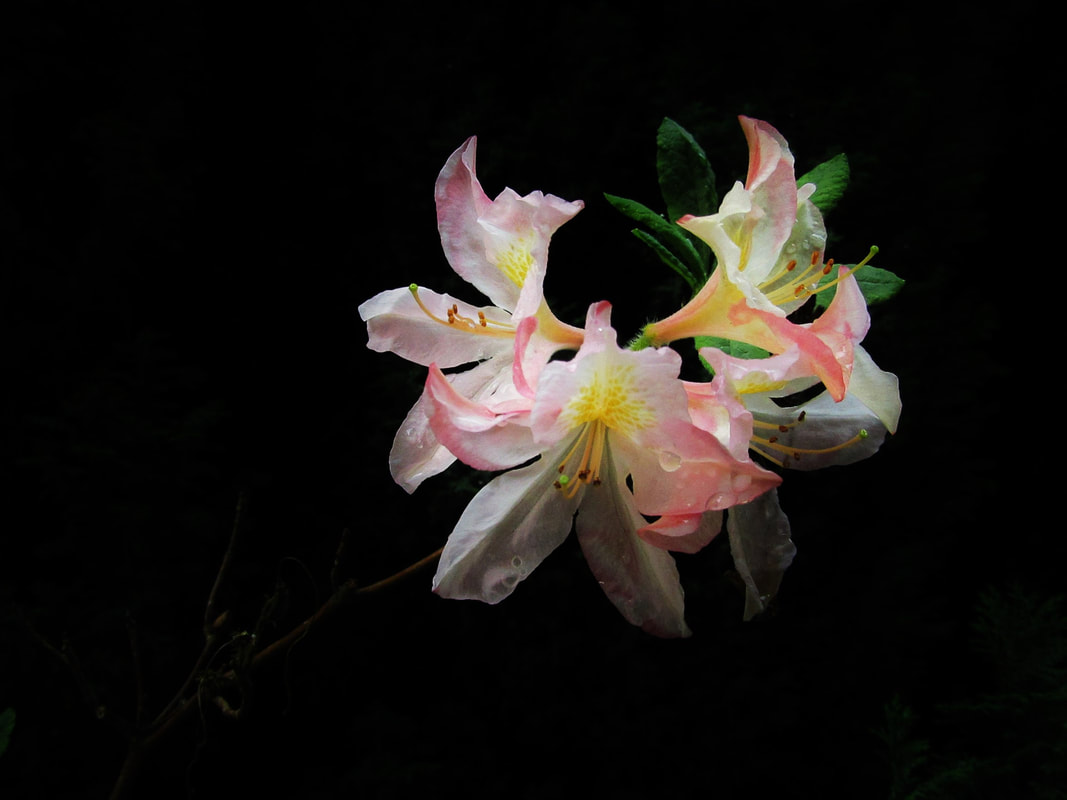

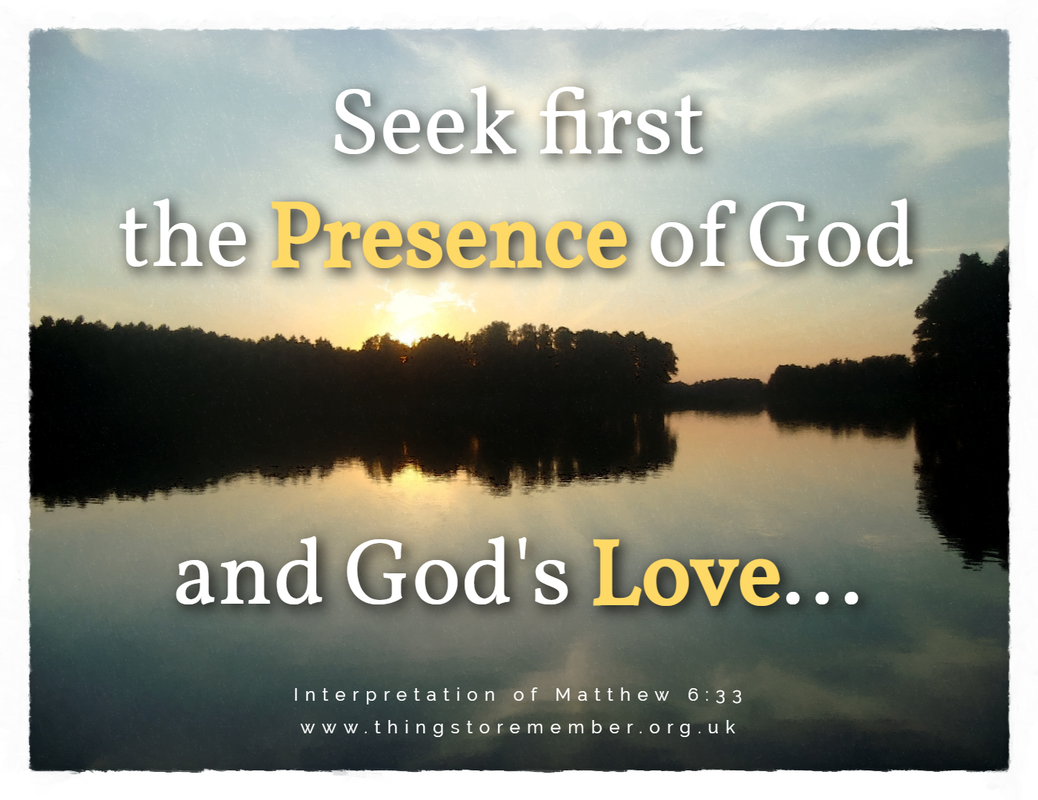
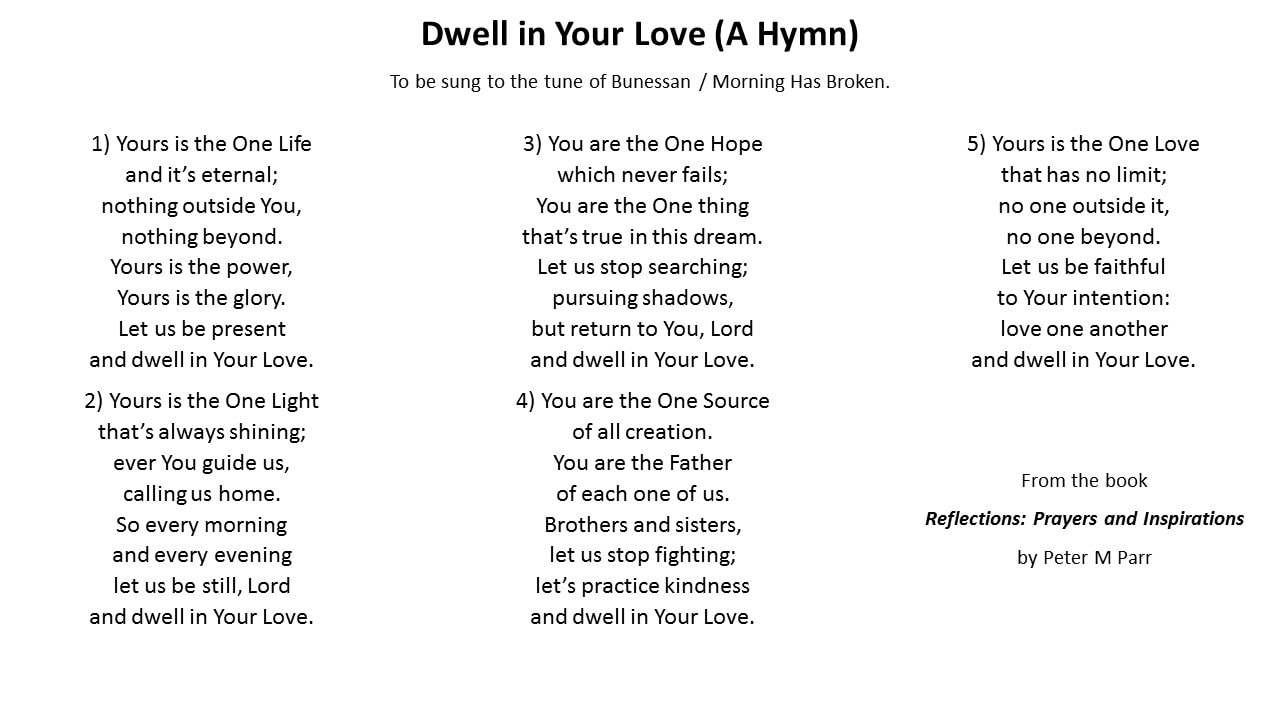
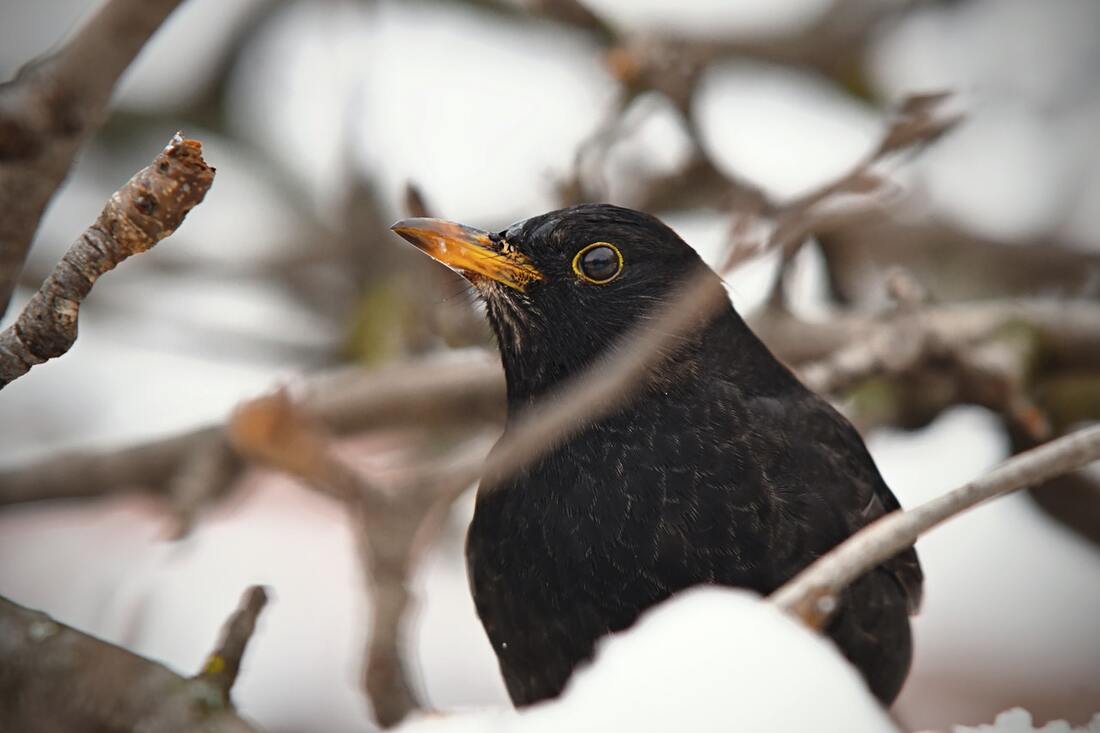
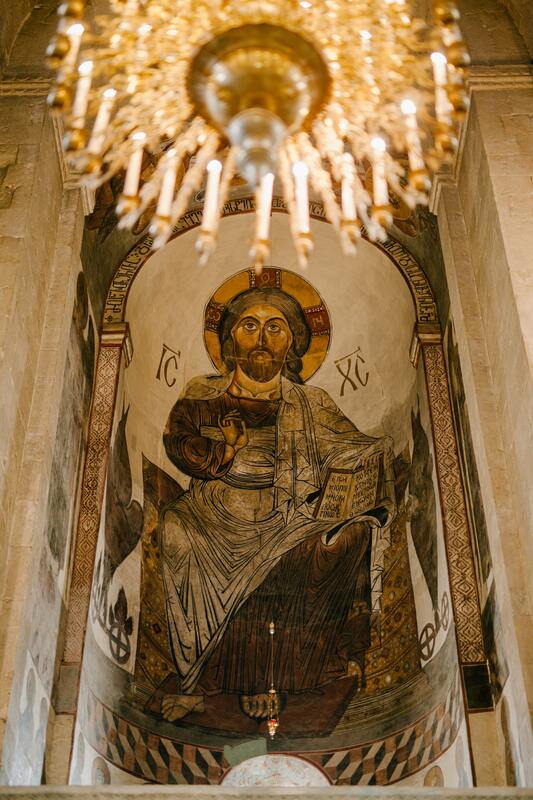

 RSS Feed
RSS Feed

